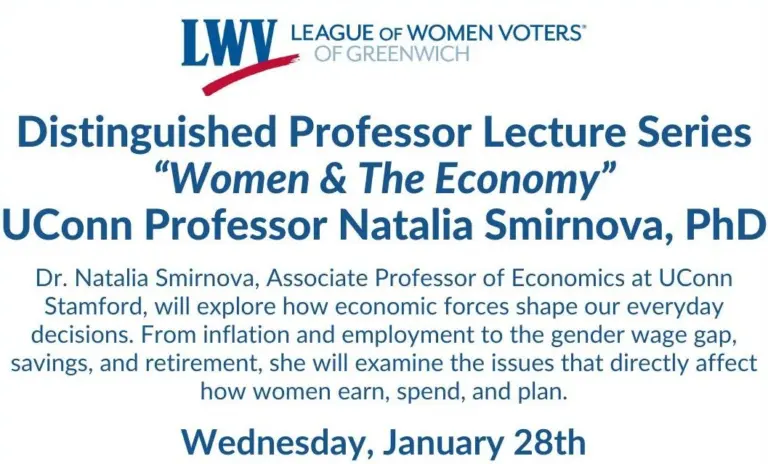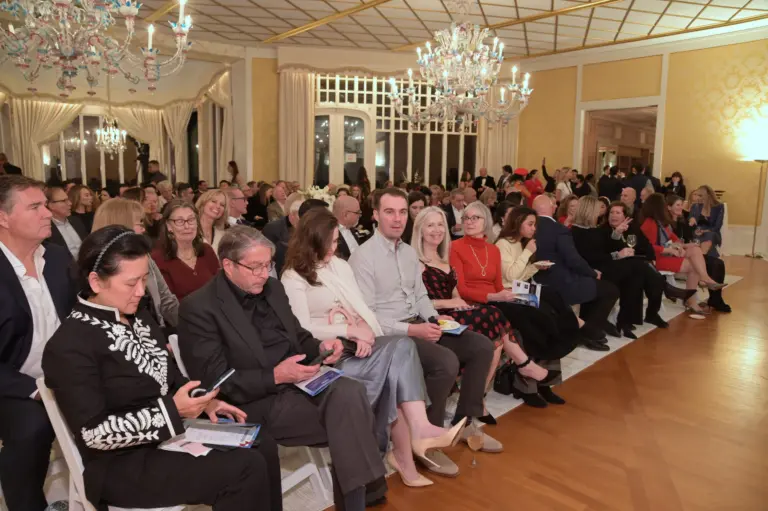By Lockey Coughlin
Recently, my staff and I were kicking around an idea that we thought would help our students see themselves and their behavior more clearly and thus make positive adjustments. We thought it would be fun to spend a couple of hours imitating our students—dress in pajama bottoms, head to class late, blast our music … you get the idea. We felt oh-so-clever and superior for a minute, imagining a scenario from a sitcom or an old Buffy episode.
Unfortunately, there was a dissenting opinion that we were, perhaps, supposed to act like adults. We should dial it back and remember how difficult high school is – hormones, growth, uncharted territory, brand-new experiences, and a lack of control over one’s own life. You might recall the feelings. This staff member was mortified that we had so little empathy for what our students were going through and the reasons for their often irritating behavior. Hanging our heads low, we mumbled our agreement and embarrassment and shuffled down the hallway.
Instead of acting like children, our job as educators and parents is to set an example and provide as much guidance as we are allowed. Teens will only take so much advice, after all. Other than imitating their behavior, there are ways that can be remarkably effective, if not as gleefully superior.
My advice is always, first and foremost, to listen to what children are saying, or at least what they are trying to communicate. Please do not yell at them when they tell you, straight up, what is going on. Take a beat if you need to. Leave the room. Breathe. Support the honesty. Then, ask what they think should be done to help them make positive changes. Support honesty above all else. Why? Because when it matters most, you want them to come to you for help.
After that, my best advice is to focus on the positive. What are students doing well? Let’s focus on that and celebrate the wins. I love giving awards. We give awards for everything, big and small, celebrating our students and staff for who they are and what they have accomplished throughout the academic year.
Honestly, I do not understand when people get peeved about participation awards. What is the problem with that? For some people, just showing up is an immense challenge. In a post-COVID world, where many children learned to fear others and that isolation and computer screens equal safety, yeah, showing up is anxiety-producing. We did that to them.
I only support being a little cranky about participation awards because they are not specific enough. Kids need to know that the award means something. Just as with praise, awards should be highly specific so children (or anyone else) understand what others see in them, what makes them feel worthy, and where their superpowers lie.
For example, we awarded a student for making outstanding microscope slides in science class. Was this the best science student? No. He could barely stay awake during lectures, but labs? He was outstanding. This was a hands-on, project-oriented student. Based on this, we created a curriculum the following year where the students built a stock car. It’s now our most popular offering.
One year, we gave an ‘International Man of Mystery’ award to a student who did not interact socially with the other students. One year later, he is a social butterfly. The award acknowledged that we saw him and supported his need for time and space. IT also let him know we were curious and wanted to get to know him better.
Of course, we have big awards. These awards require students to demonstrate leadership, peer support, academic prowess, and community service. We have awards voted on by the entire community, awards given by the Head of School, awards given by teachers, and awards for volunteerism. We ask community members to make up awards if they see merit in another community member. And yes, we give awards for showing up when it is a challenge.
We have a huge Gala for the presentation of these awards. Parents, staff, alums, and students are invited to attend. It looks like a wedding, with everyone sitting at tables, lots of food, treats, games, photo ops, and opportunities to say wonderful things about each other. We are celebrating every single member of our community. There are tears and gushing speeches. Seniors are introduced as if they are rock stars, and we talk about each one individually before presenting their diplomas.
Yes, it costs a small fortune and requires an incredible amount of work, but it is the only time most of these individuals will likely be publicly and lovingly celebrated. So, do you have a problem with participation awards? Make them more specific and way bigger. It will elevate everyone in your community and fill your soul with immense joy.
Lockey Webb Coughlin is the Founding Director of Education without Walls, LLC, a private micro-school in New Milford, CT. Lockey@EducationWW.org




